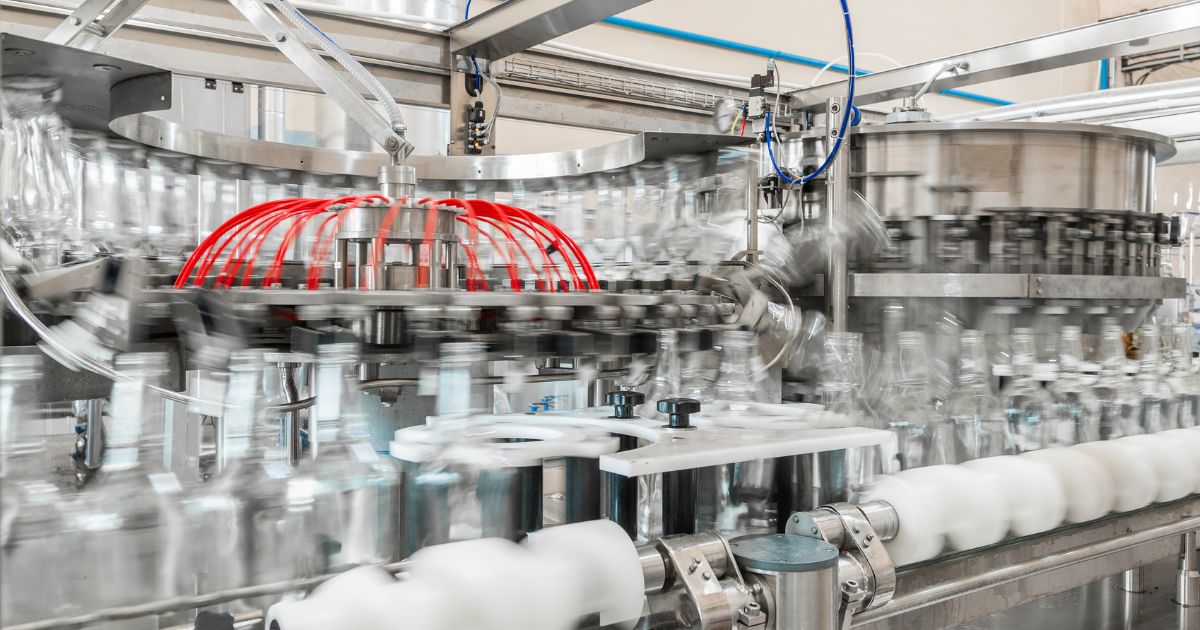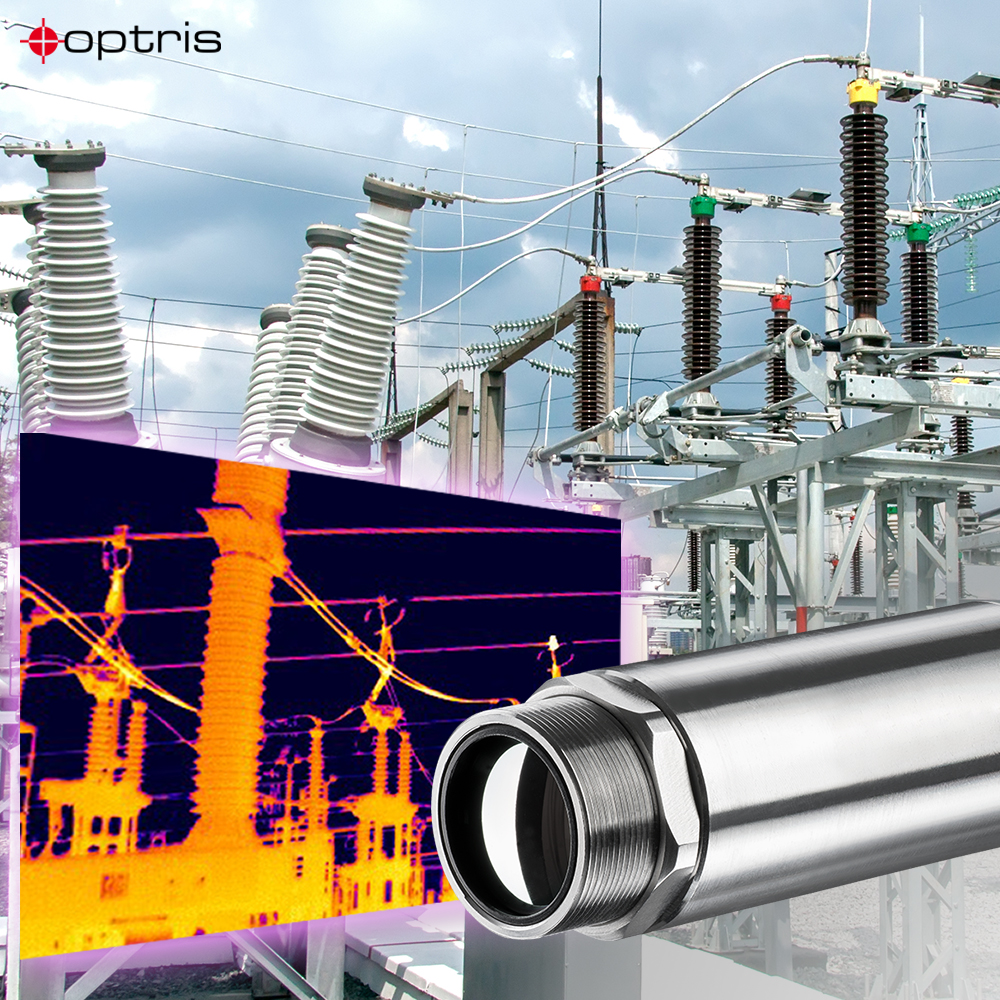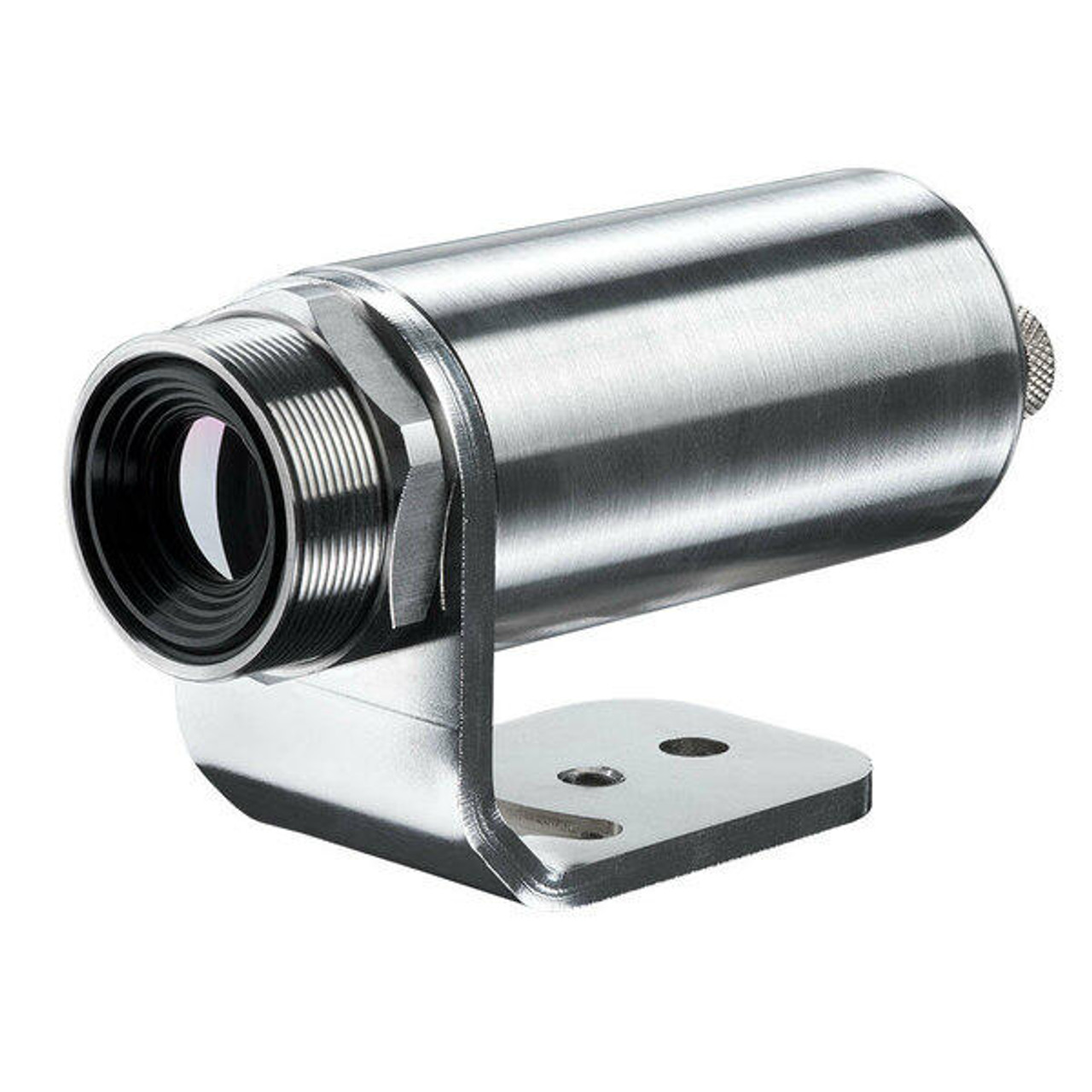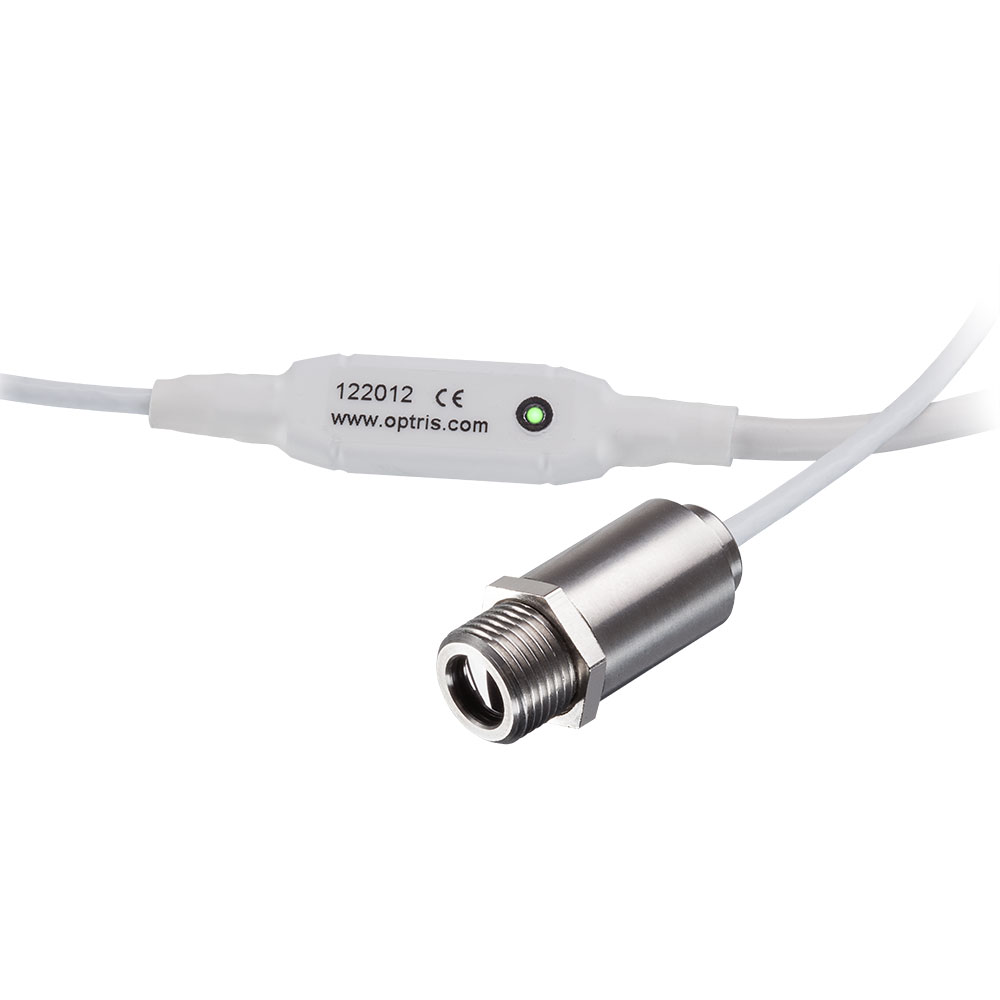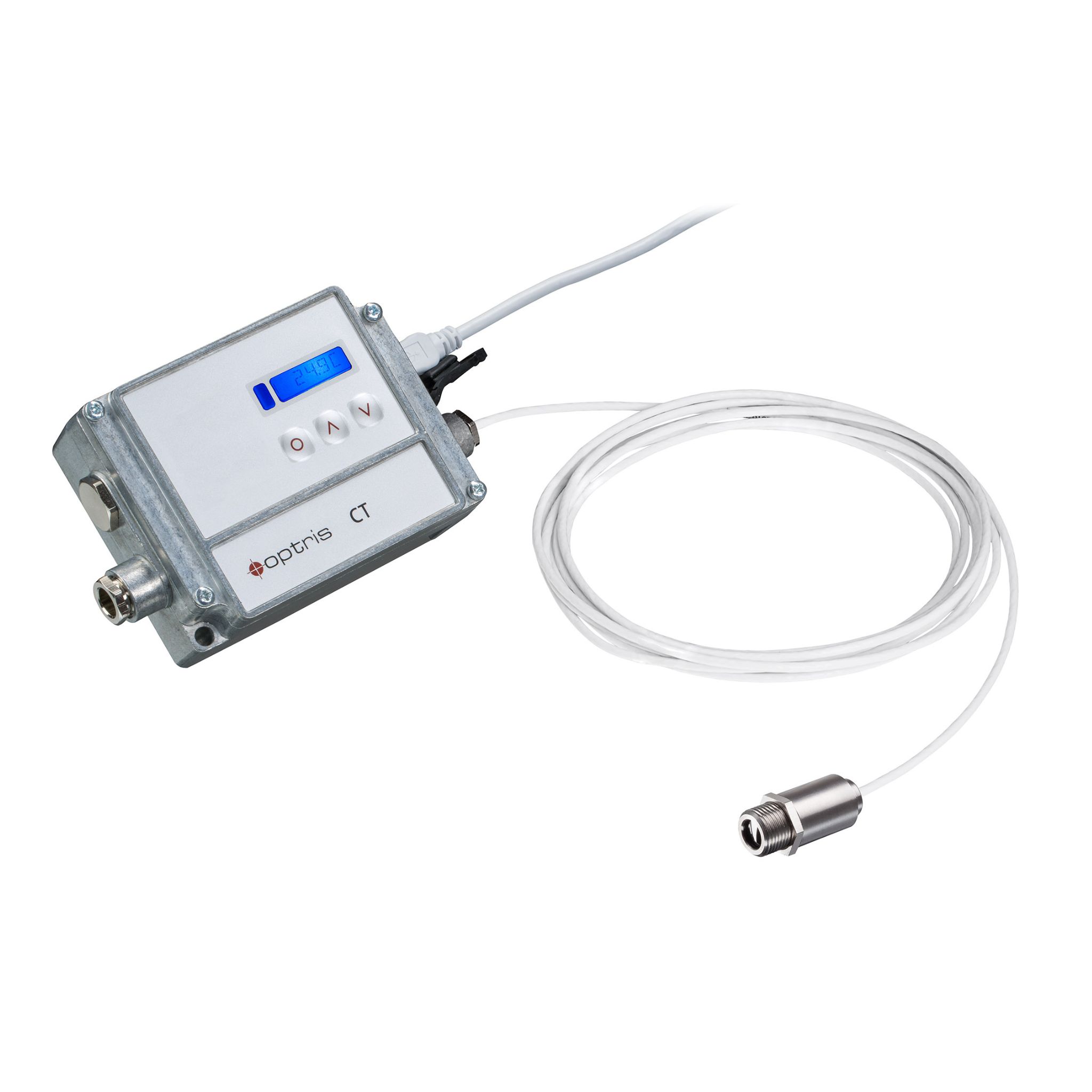Benefits of Industrial Inspection and Quality Control Cameras
Why You Should Use an Industrial Inspection Camera for Your Operations
Industrial inspection and quality control cameras deliver immense value if thoughtfully implemented. From quality control and cost savings to improved efficiency, there are many benefits.
This guide covers best practices ranging from key features and specs to real-world applications across manufacturing, energy, construction and other sectors.
What Are Industrial Inspection Cameras?
Industrial inspection cameras are high-tech camera systems used to examine manufacturing equipment, infrastructure, energy systems, and other industrial assets for defects, wear and tear, and general condition.
They can be handheld, mounted on drones or robots, or built into permanent inspection systems. The most sophisticated models use high-resolution imaging, infrared detectors, and other technologies to detect microscopic flaws.
At Process Parameters, we are experts in temperature measurement for industrial applications. We have a friendly team available to discuss your requirements and see how our products can benefit your processes.
Contact our temperature measurement specialists for expert recommendations on selecting the right infrared thermometer or thermal camera for your facility. We provide free quotes along with technical guidance to build the best solution for enhanced operations and safety.
Send An EnquiryImportance of Inspection Cameras in Industry
Regular visual inspection with cameras is crucial for quality control, safety, and maintenance in industrial facilities. Flaws that are invisible to the naked eye can be caught early before causing catastrophic failures.
Inspections also enable predictive maintenance before equipment failures cause costly downtime. Overall, inspection cameras improve efficiency and reduce operational risks.
What are Quality Control Cameras?
Quality control cameras are used alongside machine vision systems in manufacturing. Mounted above production lines, their sole purpose is to continuously monitor products coming off assembly lines to check for defects.
High-resolution sensors in quality control cameras can catch microscopic product flaws.
The Role of Cameras in Quality Assurance
Cameras act as the eyes for automated quality assurance systems. Once flaws are detected visually, products can be automatically rejected or flagged for rework.
This allows every single product to be examined with total consistency, eliminating human error and fatigue.
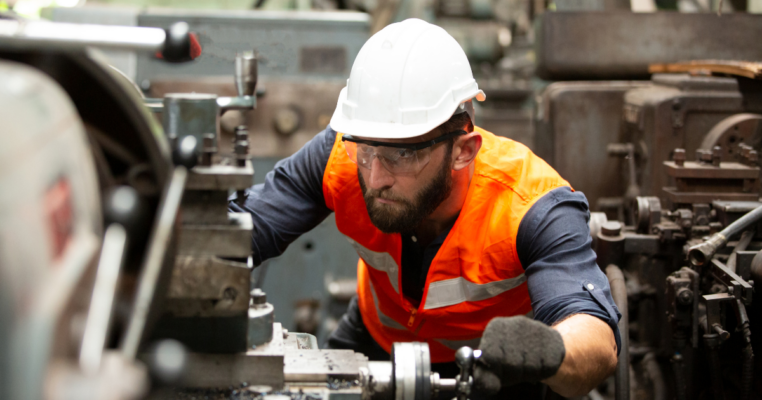
Types of Industrial Inspection and Quality Control Cameras
Handheld Inspection Cameras
Portable handheld cameras allow inspectors to access tight, dangerous, or hard-to-reach spaces. Most feature LCD screens to view imagery. Durability, wide-angle viewing, and lighting attachments make handheld the most versatile options.
Drone-mounted Cameras for Remote Inspection
Drones enable inspection of towers, bridges, boilers and other hazardous sites without risk to human inspectors. Drone cameras capture detailed imagery for issues such as damage and corrosion analysis. Infrared cameras can reveal hot spots and electrical faults.
High-resolution Cameras for Detailed Inspection
Stationary systems with ultra-high 5K or 8K resolution provide the most detailed inspections capable of identifying microscopic cracks or fissures. Slow motion and long-range imaging reveal hard-to-see activity as equipment operates.
Real-world Applications of Inspection Cameras
Manufacturing and Assembly Lines
Line scan cameras monitor minute electronics or assemblies as small as transistors and microchips for perfection. Robotic arms equipped with inspection cameras examine welds, painting, casting forms and more.
Construction and Infrastructure Maintenance
Scanning vast structures like bridges, roads, pipelines, and windmills with drone or crawler systems helps locate corrosion, faults, and other wear-and-tear over time. This prevents catastrophic failures.
Energy Sector: Oil, Gas, and Renewable Energy Inspections
Inspection cameras support preventative maintenance in petrochemical plants, offshore platforms, pipelines, and turbines. Infrared thermography reveals equipment hotspots and electrical issues before failure.
More on infrared thermography from our blog:
- How Can a Thermal Imaging Camera Become Part of Your Process?
- Can You Improve Your Thermal Efficiency With Imaging Cameras?
Aerospace and Automotive Industries
Stringent quality demands require microscopic examination of aircraft and vehicle parts during design, production, and maintenance. Stationary CCTV networks allow constant monitoring. Portable devices assist mechanics.

How to Choose the Right Inspection Camera
Key Features to Look For
Determine if you need basic flaws and crack checks requiring 12+ MP resolution, or microscopic inspection needing 18+ MP and 4K video. Consider lighting needs, battery runtime, and ruggedness like waterproofing and drop resistance.
Camera Specifications for Different Industrial Needs
Assess if you need wide angles or precise telephoto zoom. Does it need to fit in tight spaces? Will it undergo heavy use? Thermal sensors can cost more but provide unique infrared defect detection.
Choosing Between Different Types of Cameras
Consider lighting conditions, space constraints, mounting location accessibility, degree of detail needed, and temperature/humidity levels before selecting portable, mounted or drone cameras. On-site trials of different systems may be warranted.
Improving Inspection Accuracy with Cameras
Combining regular maintenance, staff training, standardised inspection protocols tied to imaging data, and multi-spectrum cameras leveraging IR, UV and hyperspectral improve accuracy over naked eye inspections.
Questions? Speak to one of our experts about your temperature measurement requirements.
Our engineers can work with you to select the right infrared thermometer or thermal camera for your facility. We also develop and manufacture custom designs of temperature sensors.
View Thermal CamerasIndustrial Thermal Imaging Cameras
Industrial Thermal Imaging Cameras
Optris PI400i/PI450i High Resolution Thermal Imaging Cameras
Industrial Thermal Imaging Cameras
Industrial Thermal Imaging Cameras
Implementation of Quality Control Cameras in Your Operations
Integrating Cameras into Existing Systems
Modern digital systems allow easy integration of inspection cameras with other technology like testing machines, gensets and automation software. This centralises data gathering and analysis for greater insights.
Training Staff for Optimal Use
Proper training in positioning, lighting, zoom levels and data interpretation is key to getting useful imagery. Refresh staff periodically as they become accustomed to anomalies. Review flagged footage to reinforce crack pattern recognition.
Data Management and Analysis
Dedicated computer vision software centralises footage analysis to track defects over time and identify problem areas. Ensure regular backup of imaging data separate from operational systems.
Industrial Inspection and Quality Control Cameras: KeyPoints
Industrial inspection and quality control cameras play a critical role in manufacturing, infrastructure, energy, and other industrial sectors.
These cameras allow detailed visual examination of equipment, products, and structures that can reveal flaws impossible to detect with the naked eye. Using high-tech imaging with infrared, UV, and hyperspectral sensors, even microscopic cracks and hot spots can be identified early.
Implementing the right inspection camera systems enables earlier detection of defects as well as predictive maintenance before catastrophic failures occur. This improves safety, quality, and reliability while reducing costly downtime.
Portable, mounted, and drone-based cameras all serve important purposes depending on the inspection environment and objectives.
Interested in purchasing a camera for your industrial application? At Process Parameters, we are a leading distributor of Optris thermal imaging cameras and infrared thermometers supplying to companies within the UK, Ireland and worldwide.
View our range of IR cameras or contact us for a free quote.
Send us an email at sales@processparameters.co.uk, call 01628 778788, or complete our online enquiry form.
Send An EnquiryGeneral Purpose IR Thermometers
General Purpose IR Thermometers
General Purpose IR Thermometers
FAQs about Industrial Inspection Cameras
What industries are cameras used in?
Cameras play vital roles in manufacturing, construction, energy, transportation, retail, military/defence. Their capabilities allow specialised visual inspection, quality control, analysis and documentation across diverse commercial and governmental fields.
Does QC mean quality control?
QC is an abbreviation that stands for “quality control.” Specifically, quality control refers to the procedures and processes for ensuring products, services, processes, and systems meet established quality standards and customer requirements.
Is QC better than QA?
QC activities generally involve inspection, testing, audits, and data analysis to detect issues and defects. The related term “quality assurance” refers to the overall management systems implemented to ensure quality. So while they are complementary, QC directly focuses on meeting quality criteria whereas QA oversees the policies to prevent issues.
Related Knowledge Guides:
- What is a Machine Vision Camera?
- What is Condition Monitoring?
- Industrial Sensors: A Comprehensive Guide
- Infrared Thermometer: How to Use for Enhanced Accuracy in Industrial Settings
- How Does a Thermal Imaging Camera Work?
- How Accurate are Infrared Thermometers?
- Can a Thermal Camera Detect Heat Loss?
- Choosing an Infrared Pyrometer
- What is a Pyrometer?
- What is Thermal Scanning?
- Why is a Pin Sharp Thermal Image Important?
- Can You Improve Energy Efficiency With Thermal Cameras?
- Pyrometer or IR Camera?

